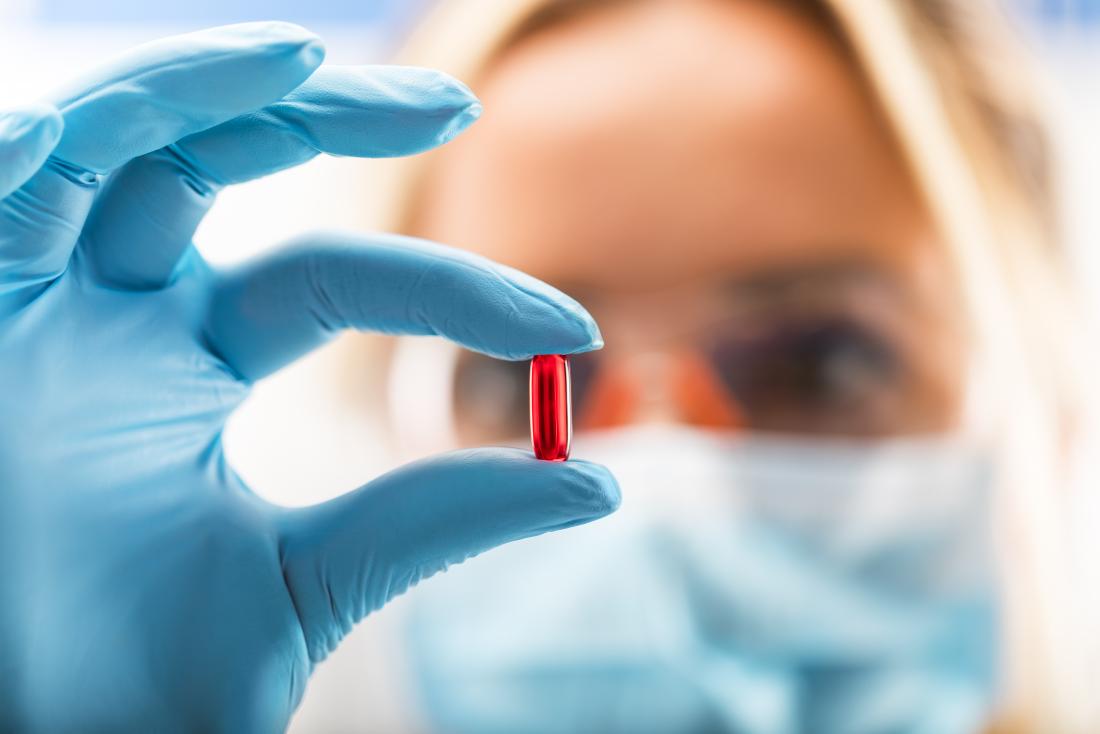Exelixis, Inc. announced that the U.S. Food and Drug Administration (FDA) has accepted its Investigational New Drug Application (IND) to evaluate the safety, tolerability, pharmacokinetics and preliminary antitumor activity of XB002 in patients with advanced solid tumours. As a next-generation tissue factor-targeting antibody-drug conjugate (ADC), XB002 has the potential for an improved therapeutic index and may provide a favourable safety profile compared with earlier-generation tissue factor-targeting ADCs.
“The acceptance of our Investigational New Drug Application for XB002 gets us one step closer to our first biologic entering the clinic and learning more about its potential to help patients with difficult-to-treat cancers,” said Gisela Schwab, M.D., President, Product Development and Medical Affairs and Chief Medical Officer, Exelixis. “Considering XB002’s promising preclinical data and potential differentiation from other tissue factor-targeting antibody-drug conjugates, we look forward to initiating our phase 1 trial in patients with advanced solid tumors.”
XB002 (formerly ICON-2) is an ADC composed of a human monoclonal antibody against tissue factor that is conjugated to a cytotoxic agent. After binding to tissue factor on tumor cells, XB002 is internalized, and the cytotoxic agent is released, resulting in targeted tumor cell death. XB002 is a rationally designed next-generation ADC that leverages proprietary linker-payload technology.
Preclinical data demonstrated that XB002 binds to tissue factor without affecting the coagulation cascade, in contrast with prior therapies in this class. The data also demonstrated encouraging activity of XB002 in multiple solid tumor cancer models and improved tolerability compared with other tissue factor-targeting ADCs. XB002 has shown significant tumor growth inhibition and, in some cases, complete regression. The rational design and preclinical profile of this novel tissue factor-targeting ADC suggest that, if born out in clinical evaluation, XB002 could have an improved therapeutic index and favorable safety profile compared with earlier tissue factor-targeting ADCs.

 New drug for treating advanced tumour under investigation
New drug for treating advanced tumour under investigation










.jpeg)







.jpeg)

.jpg)










